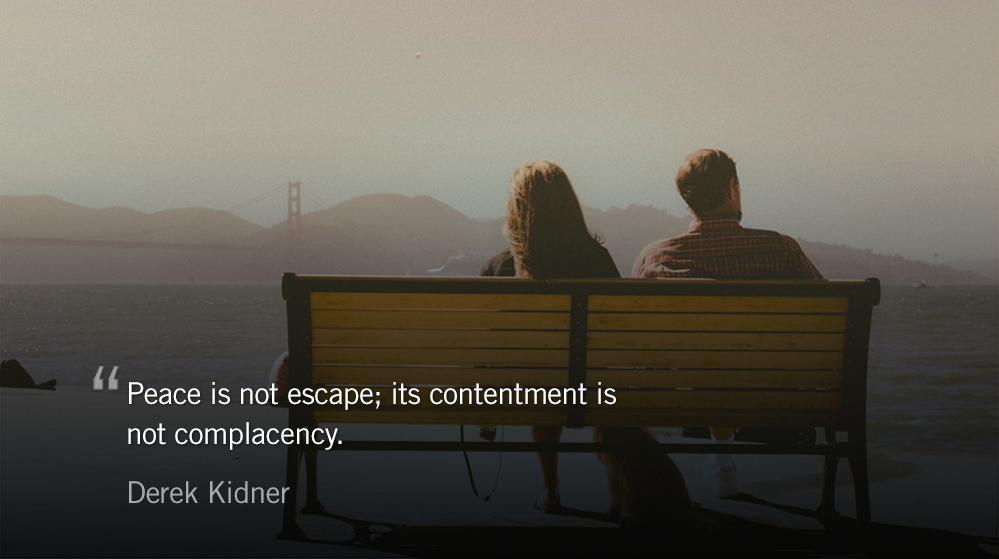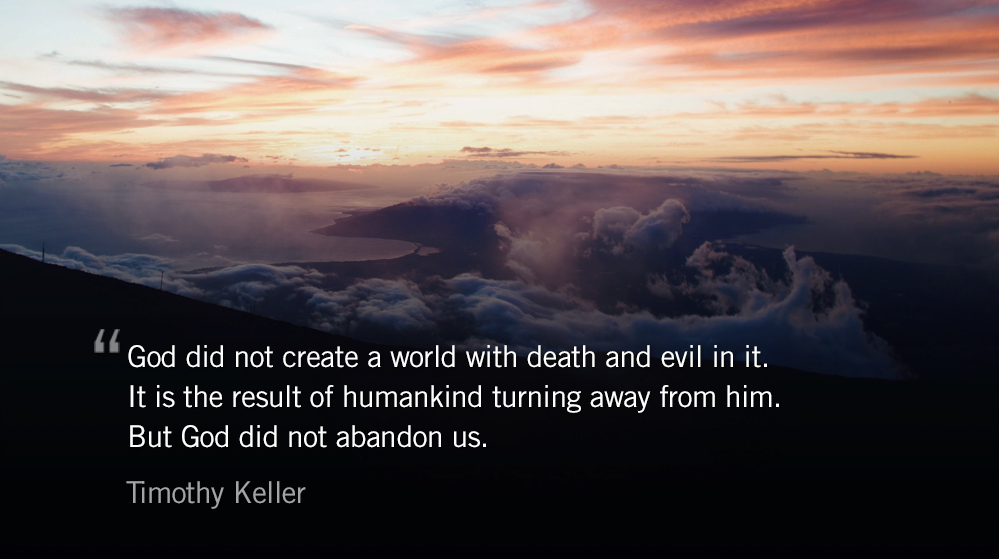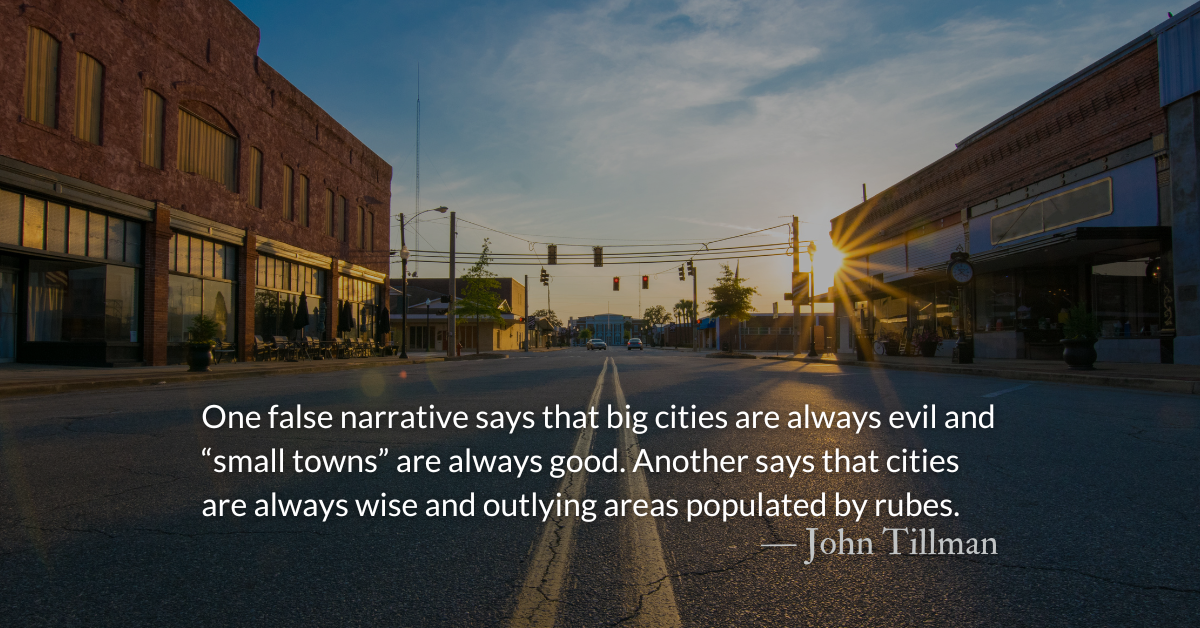
Psalm 31.5
Into your hand I commit my spirit; you have redeemed me, O LORD, faithful God.
Cases of post traumatic stress disorder (PTSD) in U.S. soldiers spiked sharply during the wars in Iraq and Afghanistan. In the early 2000’s researchers and clinicians started a battery of tests and interviews to understand what made certain soldiers resilient in the same circumstances which seemed so harmful to others.
Among the most remarkable findings were those from Dr. Dennis Charney, the Dean of Research at Mount Sinai School of Medicine. Dr. Charney’s research team worked with a group of 750 pilots from the Vietnam War, each of whom had spent 6-8 years as a prisoner of war. During their imprisonment most of the men had been tortured and subjected to solitary confinement.
From their work with these men, Dr. Charney and his team revealed “Ten critical psychological elements and characteristics of resilience.” Surprisingly, training — the task the military focuses most heavily upon — was the least important of the ten:
- Optimism
- Altruism
- Having a moral compass
- Faith and spirituality
- Humor
- Having a role model
- Social support
- Having faced fears
- Having a mission
- Training
While the list would make a respectable outline for a mentoring program or book, it also reveals the limitations of relying on such work to develop a person. No study has revealed how to successfully and consistently mature a person’s optimism, altruism, morality (or really anything else on the list). This kind of foundational change — heart-level change — requires someone or something which is capable of cultivating a flourishing human heart.
David’s cries in Psalm 31 are recorded in the tempest of crisis. He should be overwhelmed — everything he prays for is far from resolved. Instead of relying on his strength or character, David renews his trust in God. “You have redeemed me.”
“What David here declares concerning his temporal life, Paul transfers to eternal salvation,” observes John Calvin in his Commentary on the book of Psalms. “Surely, if David derived so much confidence from temporal deliverance, it is more than wicked and ungrateful on our part, if the redemption purchased by the blood of Christ does not furnish us with invincible courage against all the devices of Satan.”
Prayer
Father, we want to develop our character and strength, but our flesh will fail us. Teach us, Lord, to rely on you as the source of our hope, salvation, and peace. Renew us by your Spirit. Sustain us by your word.
Today’s Readings
Leviticus 24 (Listen – 2:58)
Psalm 31 (Listen – 3:11)
Resting in Faith
Part 1 of 5, read more on TheParkForum.org
___________________
FAQs
How can I make a tax-deductible donation? Click here.
How can I get these devotionals in my inbox? Click here.
What is the reading plan this blog is based on? Click here.
___________________________________










